Is Stem Cell Therapy in Thailand the Answer to Your Knee Pain?
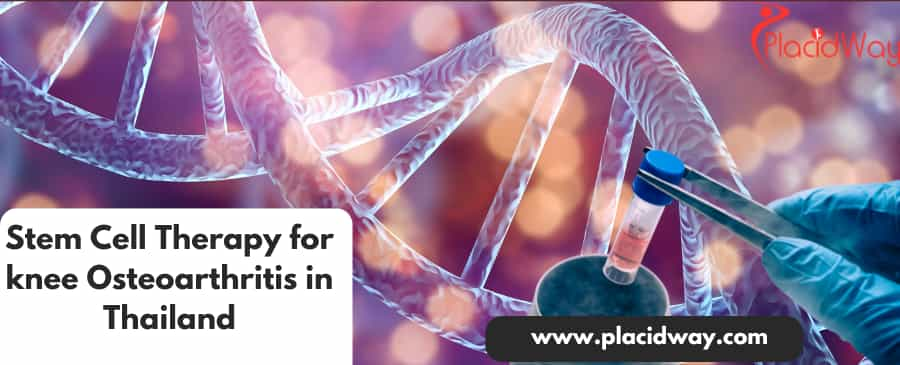
Dealing with the chronic pain and stiffness of knee osteoarthritis can be a daily struggle. You've likely tried various treatments with limited success and are now wondering if there's a more effective, long-term solution. This is where stem cell therapy for knee osteoarthritis in Thailand comes into the picture. As a rapidly advancing field in regenerative medicine, stem cell therapy is gaining attention for its potential to not just manage symptoms, but to also address the underlying cause of joint damage. Many people are turning to Thailand for this innovative treatment due to its high-quality medical facilities, experienced specialists, and more affordable costs compared to many Western countries.
If you're considering this option, you probably have a lot of questions. Is it safe? What does the procedure involve? And most importantly, does it actually work? This blog post is designed to be your comprehensive guide, answering the most pressing questions people have about stem cell therapy for knee osteoarthritis in Thailand. We'll delve into the science behind the treatment, what you can expect from the process, and the real-world results patients are experiencing. Our goal is to provide you with clear, expert-driven information to help you make an informed decision about your knee health. We'll explore the effectiveness, costs, and what makes Thailand a leading destination for this cutting-edge therapy.
Does stem cell therapy really work for knee osteoarthritis?
Stem cell therapy works by harnessing the body's natural healing capabilities. The treatment involves injecting mesenchymal stem cells (MSCs), often sourced from umbilical cord tissue, bone marrow, or adipose (fat) tissue, directly into the affected knee joint. These stem cells are unique because they can develop into various cell types, including cartilage cells. Once injected, they can help to regenerate damaged cartilage, which is the primary cause of pain and stiffness in osteoarthritis.
Beyond cartilage regeneration, stem cells also have potent anti-inflammatory properties. They release proteins called cytokines that can significantly reduce the inflammation within the knee joint, leading to a noticeable decrease in pain and swelling. This dual action of regeneration and inflammation reduction makes stem cell therapy a comprehensive approach to managing knee osteoarthritis, addressing both the symptoms and the root cause of the condition.
What is the success rate of stem cell therapy for knees in Thailand?
While it's challenging to give a single definitive success rate, clinical studies and reports from reputable clinics in Thailand indicate that a large percentage of patients experience positive outcomes. Many individuals report a significant reduction in pain, an increase in joint function and mobility, and an overall improvement in their quality of life. The effectiveness can vary based on several factors, including:
- Severity of Osteoarthritis: Patients with mild to moderate osteoarthritis tend to see the best results. Those with severe, "bone-on-bone" arthritis may still experience relief, but the regenerative effects might be less pronounced.
- Type of Stem Cells Used: The source and quality of the stem cells play a crucial role. Umbilical cord-derived mesenchymal stem cells are often preferred for their high concentration and viability.
- Treatment Protocol: The number of stem cells injected, the frequency of treatments, and the inclusion of complementary therapies like Platelet-Rich Plasma (PRP) can all influence the outcome.
It is essential to have a thorough consultation with a specialist in a reputable Thai clinic to determine if you are a good candidate and to understand the potential success rate for your specific condition.
How much does stem cell therapy for knee osteoarthritis cost in Thailand?
One of the primary reasons patients travel to Thailand for stem cell therapy is the significant cost savings compared to countries like the United States or the United Kingdom, where the same treatment can be substantially more expensive. The lower cost in Thailand does not mean a compromise on quality. Many Thai clinics are internationally accredited and utilize state-of-the-art technology and highly qualified medical professionals.
The cost of your treatment package in Thailand will generally include:
- Initial consultation and diagnostic imaging (like X-rays or MRI).
- The stem cell product and the injection procedure.
- Follow-up appointments.
It's important to get a detailed quote from your chosen clinic that outlines all included services to avoid any hidden costs. Some clinics may also offer packages that include accommodation and transportation, making the medical travel experience more convenient.
What is the procedure for stem cell therapy for knees in Thailand?
The process is straightforward and designed to be as comfortable as possible for the patient. Here's a step-by-step breakdown of what you can expect:
- Consultation and Evaluation: You will first have a detailed consultation with a specialist who will review your medical history, perform a physical examination of your knee, and analyze your X-rays or MRI scans. This helps to confirm your diagnosis and determine the best treatment plan.
- Stem Cell Preparation: The stem cells, often sourced from a certified lab, are prepared for injection. If autologous stem cells (from your own body) are used, a small sample of bone marrow or fat tissue will be collected first.
- Injection: The specialist will clean and numb the area around your knee. Using ultrasound or other imaging guidance to ensure precision, the stem cells are carefully injected directly into the knee joint capsule.
- Post-Procedure and Recovery: The entire injection process usually takes less than an hour. After a short observation period, you are typically able to walk out of the clinic. You will be advised to rest for a day or two and avoid strenuous activities for a few weeks to allow the stem cells to work effectively.
Is stem cell therapy for knee osteoarthritis safe in Thailand?
Thailand's medical tourism industry is well-regulated, and many leading clinics adhere to international standards of safety and quality. The Thai Food and Drug Administration (FDA) and the Ministry of Public Health oversee the use of stem cell therapies, ensuring that clinics meet strict guidelines for patient safety and ethical practices. The use of allogeneic stem cells (from a donor, such as an umbilical cord) is particularly safe as these cells are immunoprivileged, meaning they are unlikely to be rejected by the recipient's body.
The most common side effects are mild and temporary, such as localized pain, swelling, or redness at the injection site. The risk of more serious complications like infection is very low when the procedure is performed in a sterile environment by an experienced medical professional. Always choose a clinic that is transparent about its safety protocols and the source of its stem cells.
Who is a good candidate for stem cell therapy for knees?
While stem cell therapy can benefit a wide range of individuals, certain factors make someone an ideal candidate. You may be a good candidate if you:
- Experience chronic knee pain that interferes with your daily activities.
- Have been diagnosed with mild to moderate knee osteoarthritis.
- Have tried other treatments like physical therapy, pain medications, or corticosteroid injections with limited success.
- Are in good overall health.
- Want a non-surgical treatment option with minimal downtime.
Conversely, individuals with very advanced, "bone-on-bone" osteoarthritis, active infections, or certain medical conditions may not be suitable candidates. A thorough evaluation by a qualified physician is essential to determine your eligibility.
How long does it take to see results from stem cell therapy for knees?
The timeline for results can vary from person to person. Some individuals report feeling a reduction in pain and inflammation within the first few weeks. However, the regenerative process takes time. The stem cells need time to engraft in the joint, multiply, and differentiate into new cartilage cells. This cellular repair process continues for several months.
Most clinics advise that the full benefits of the treatment will be realized between 3 and 6 months post-procedure. The longevity of the results can also vary, with many patients experiencing relief for several years. Following a healthy lifestyle and your doctor's post-procedure instructions can help to maximize and prolong the positive effects of the therapy.
What are the different types of stem cells used for knee osteoarthritis?
Each source of stem cells has its own advantages:
- Umbilical Cord Mesenchymal Stem Cells (UC-MSCs): These are considered the "gold standard" by many clinics in Thailand. They are harvested from the umbilical cords of healthy, screened newborns (a process that is harmless to the baby and mother). UC-MSCs are very young, potent, and have a high capacity for multiplication and differentiation. They are also allogeneic, meaning they can be used in any patient without the risk of rejection.
- Bone Marrow-Derived Stem Cells (BMSCs): These are autologous stem cells, meaning they are harvested from the patient's own body, typically from the hip bone. While effective, the concentration of stem cells in bone marrow decreases with age, and the harvesting procedure can be somewhat uncomfortable.
- Adipose-Derived Stem Cells (ADSCs): These are also autologous and are extracted from the patient's fat tissue through a mini-liposuction procedure. Fat is a rich source of stem cells, and this method is becoming increasingly popular.
The choice of stem cell type will depend on the clinic's protocol, your specific condition, and your preferences. Many leading clinics in Thailand prefer using UC-MSCs due to their high quality and consistent results.
What is the recovery time for stem cell therapy for knees?
One of the significant advantages of stem cell therapy is the minimal downtime. Unlike surgery, which requires a lengthy and often painful rehabilitation period, stem cell therapy allows you to get back on your feet almost immediately. Here is a general recovery timeline:
- First 24-48 hours: Rest and avoid putting excessive strain on the knee. You may experience some mild soreness or swelling, which can be managed with ice packs.
- First 2 weeks: You can typically return to light activities and office work. Gentle walking is encouraged to promote blood flow.
- 2-6 weeks: You can gradually reintroduce more moderate activities and physical therapy exercises.
- After 6 weeks: Most patients can return to all their normal activities, including sports, with their doctor's approval.
Are there alternatives to stem cell therapy for knee osteoarthritis in Thailand?
While stem cell therapy is a powerful regenerative treatment, other options may be suitable depending on your condition and goals:
- Platelet-Rich Plasma (PRP) Therapy: This involves injecting a concentration of your own blood platelets into the knee. Platelets contain growth factors that can reduce inflammation and promote healing. PRP is often used for milder cases of osteoarthritis or in combination with stem cell therapy.
- Hyaluronic Acid Injections: Hyaluronic acid is a natural component of the synovial fluid in your joints. Injections of this substance can help to lubricate the knee joint, reducing pain and improving function.
- Knee Replacement Surgery: For severe, end-stage osteoarthritis where the cartilage is completely worn away, knee replacement surgery may be the most appropriate option. This involves replacing the damaged joint with an artificial implant.
A consultation with an orthopedic specialist in Thailand can help you understand all your treatment options and choose the one that is best for you.
How to prepare for stem cell therapy in Thailand?
Proper preparation can help ensure a smooth and successful treatment experience. Here are some key steps to take:
- Choose a Reputable Clinic: Research and select a well-regarded clinic in Thailand that specializes in stem cell therapy. Look for patient reviews, accreditations, and experienced medical staff.
- Medical Evaluation: Provide your complete medical history and relevant imaging scans to the clinic for a remote consultation. This will help them determine if you are a good candidate.
- Travel Arrangements: Book your flights and accommodation in advance. Many clinics can assist with these arrangements.
- Follow Pre-Procedure Instructions: Your clinic will provide you with specific instructions to follow before your treatment. This may include discontinuing anti-inflammatory medications (like ibuprofen) or blood thinners for a period before the procedure, as these can interfere with the healing process.
- Stay Hydrated and Rested: Arrive in Thailand a day or two before your appointment to allow yourself to rest and acclimate. Staying well-hydrated is also important.
Is stem cell therapy for knee osteoarthritis a permanent solution?
Stem cell therapy aims to repair and regenerate damaged tissue, which can significantly delay or even prevent the need for surgery. Many patients experience a substantial reduction in pain and an improvement in function that lasts for several years. However, the natural aging process and the ongoing wear and tear on the joint can eventually lead to a return of symptoms.
The goal of the therapy is to turn back the clock on the degenerative process, and its effects can often be prolonged with a healthy lifestyle, maintaining a healthy weight, and following a prescribed exercise program. In some cases, a follow-up "booster" injection may be recommended after a few years to maintain the positive results.
Ready to explore advanced and affordable solutions for your knee osteoarthritis? PlacidWay can connect you with leading clinics in Thailand and around the world. Discover personalized treatment options and take the next step towards a pain-free life. Explore PlacidWay's network of trusted healthcare providers today!


.png)
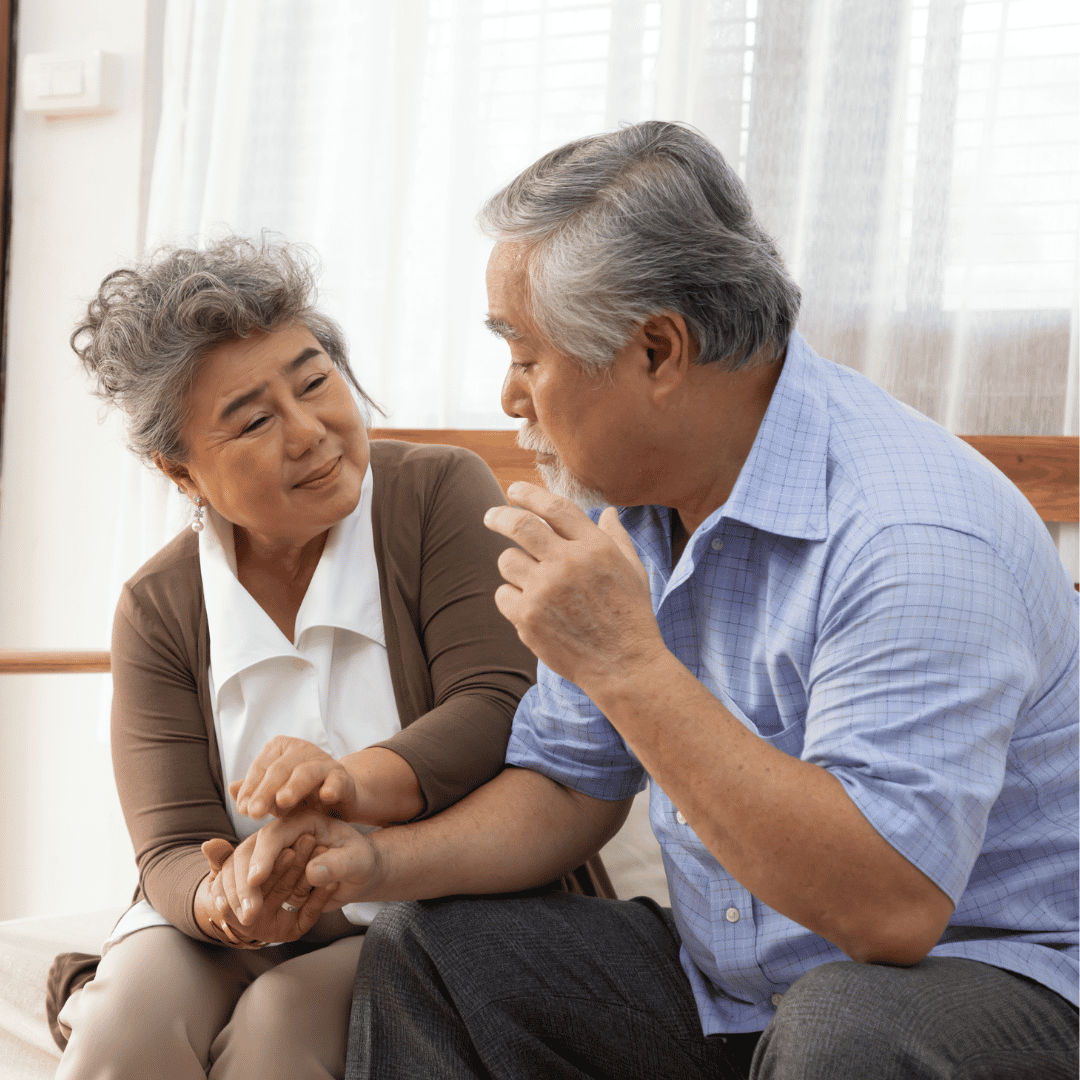
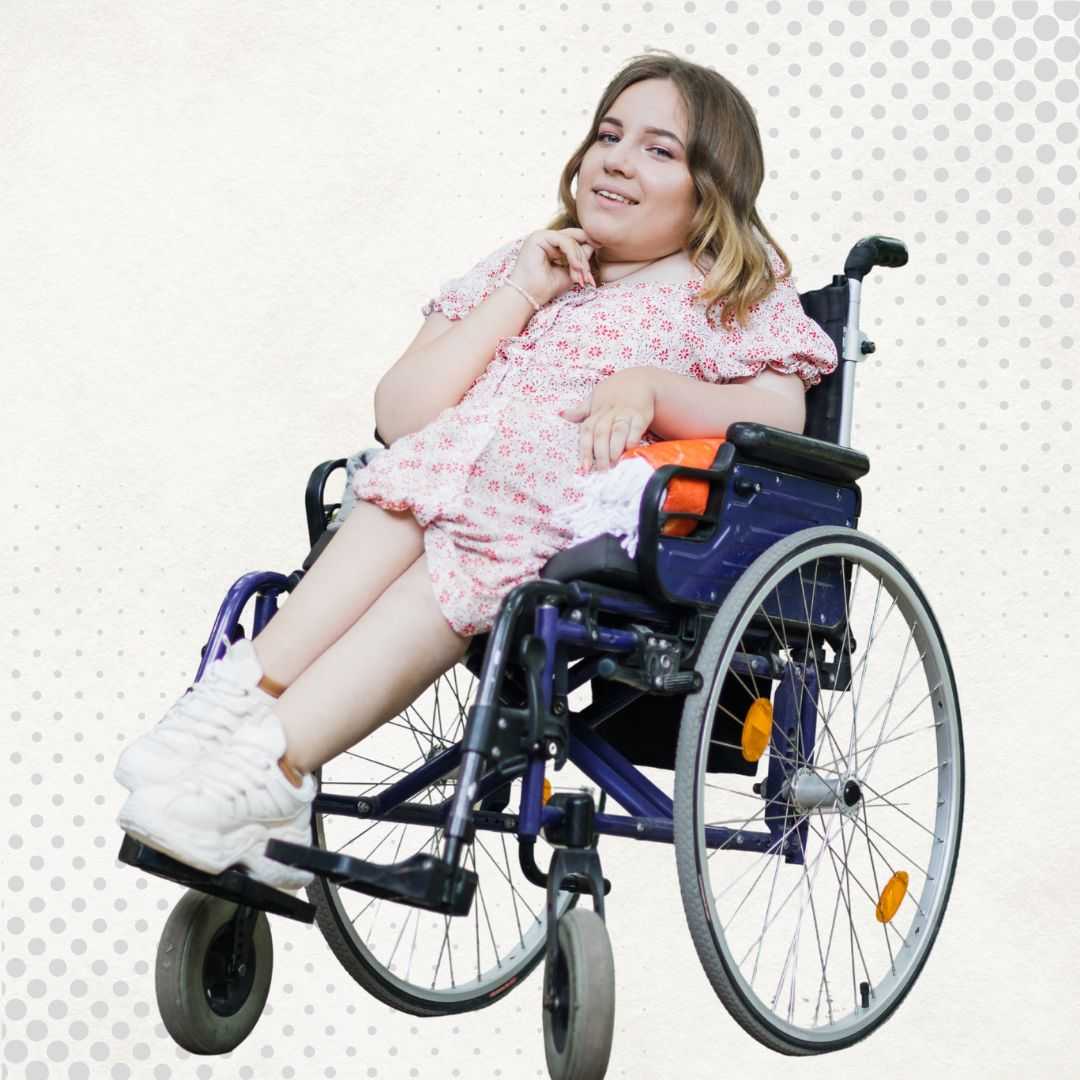
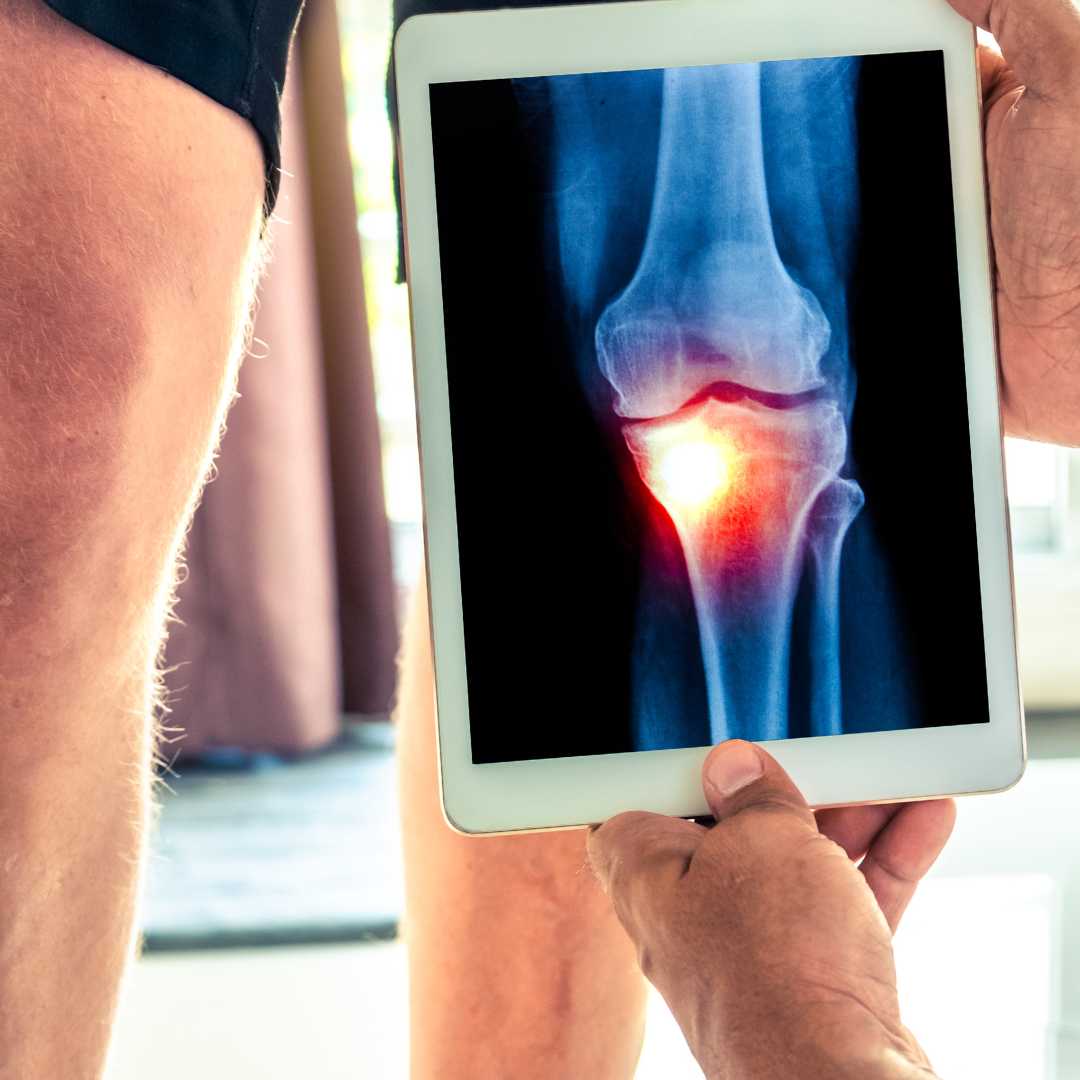
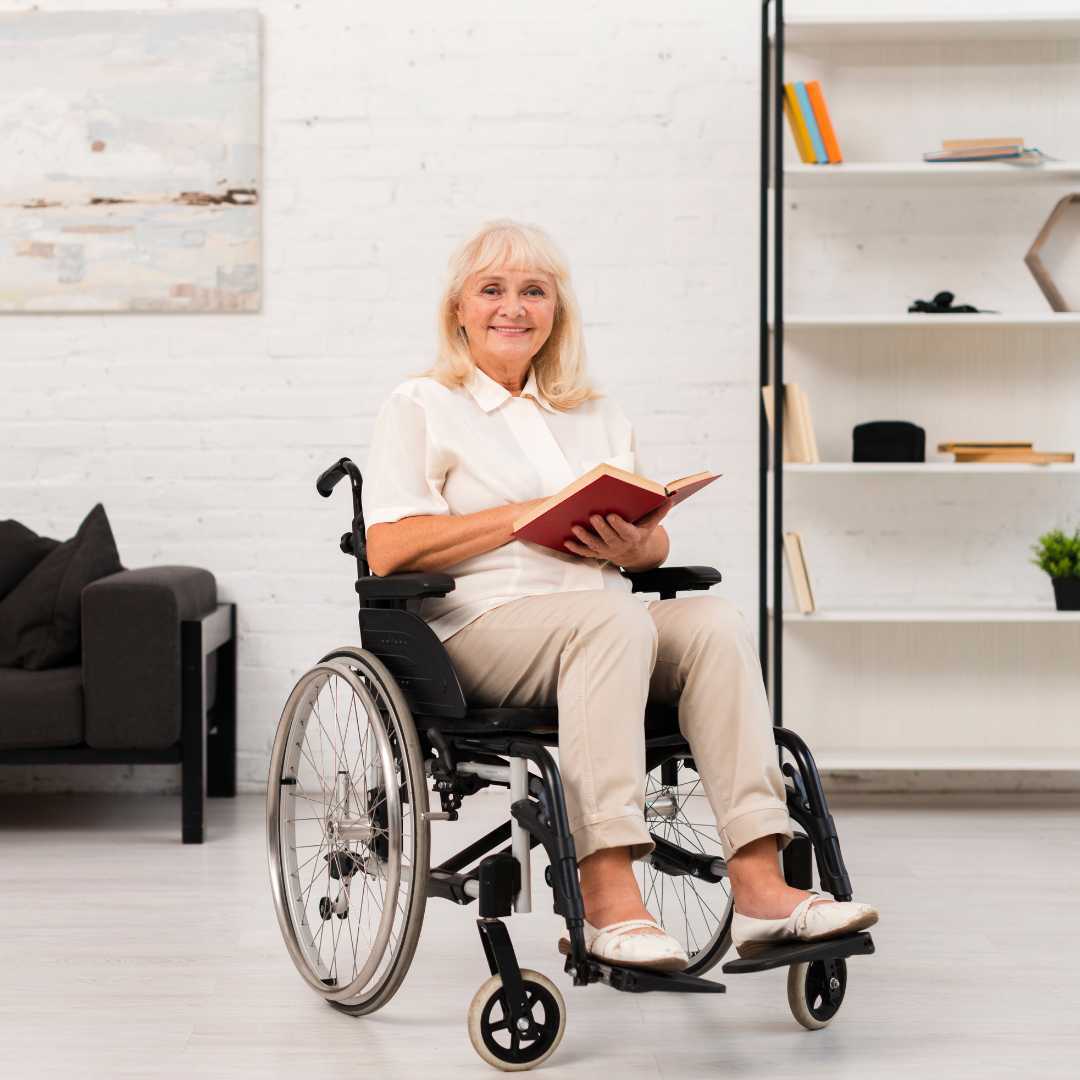
.jpg)


.png)
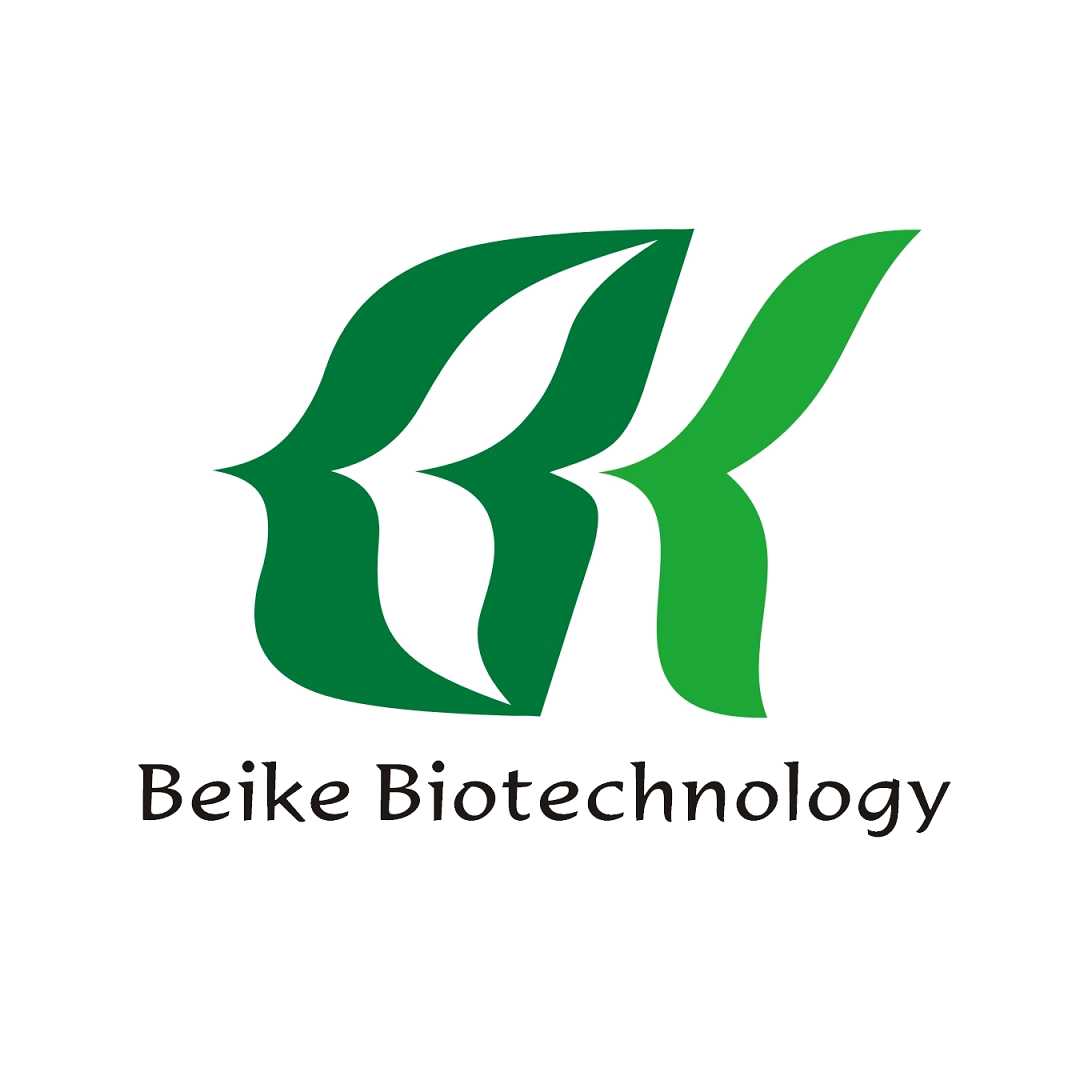

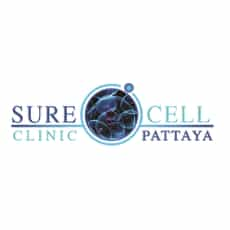



Share this listing